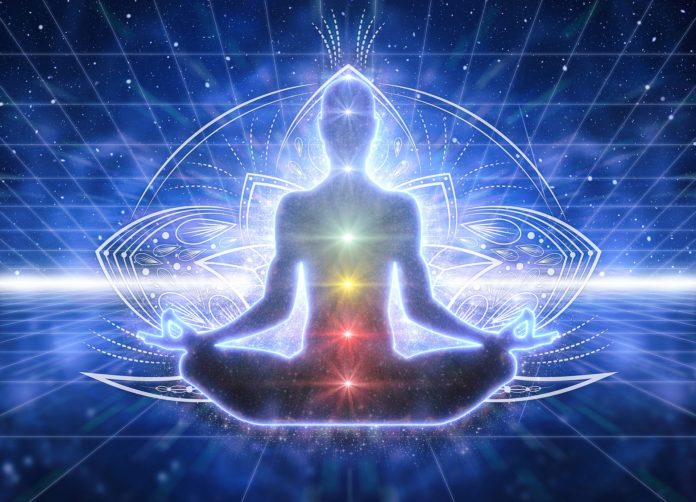According to a recent study, a combination of meditation and hallucinogens can be used as a form of therapy to help individuals suffering from depression.
To many, the use of psychedelic psychotherapy is a new and unwelcome treatment method. However, a new study proves that psychedelics can be beneficial to individuals suffering from anxiety and depression.
While the exact reason is still unknown, the theory suggests that hallucinogens can cause individuals to quicken the thought processes and realization of a person, and this is crucial for making therapies work.
Psilocybin: The Magic Mushroom
The focus of the recent evidence is psilocybin, commonly found in psychedelic mushrooms. It has been proven to cause individuals to ease up on their social interactions and limit their focus on themselves.
A 2016 study found that psychotherapy combined with psilocybin created an antidepressant effect in patients diagnosed with life-threatening malignancies. The findings of this study were supported by another study conducted by researchers from Imperial College London. The researchers found that depressed individuals who no longer responded to conventional treatment showed positive results when given the combination treatment. The neuroimaging findings revealed that the drug has the capacity to switch off a brain component that regulates wakefulness.
Mindful Meditation: Harnessing its Power
Mindful meditation has long been known to have positive effects on people with anxiety and depression by boosting feelings of self-transcendence. A team of researchers from the University Hospital of Psychiatry Zurich studied the impact of joint therapy. For the study, a group of 39 Buddhist meditation practitioners joined a 5-day mindfulness retreat where a Zen teacher guided them. They followed strict schedules from morning to night time. They participated in sesshin, the practice of sitting meditations, mindful physical activities, and outdoor walking meditation. The study participants remained silent during the whole process. The team then gave psilocybin to some of the participants, while the rest received a placebo.
Through mindfulness scales and questionnaires, the researchers found that those who were given psilocybin had positive changes in their self-acceptance, empathy, and even psychosocial functioning. A follow-up showed that psilocybin increased the intensity of self-transcendence. The team concluded that these positive effects could have stemmed from the skills from the mindful meditation retreat – any negative impact of psilocybin was effectively blocked.
Can a Combination of Psychedelics and Meditation Help Treat Depression and Anxiety?
Depression and anxiety have become a growing concern. In fact, acute anxiety attacks are considered an emergency case. Caregivers often need to undergo training from a reputable emergency school like Newcastle Training (newcastletraining.com).
Given this fact, it is crucial for individuals suffering from debilitating depression and anxiety to find a new treatment plan that will help them cope with their condition. With this study, the researchers believe further studies are necessary. But what they found paves the way for new avenues to explore. They suggest using the study as a baseline to examine the treatment of depression by looking at self-focus and social deficits.
In Australia, the number of individuals diagnosed with depression and anxiety disorders has increased dramatically in the span of eight years, according to the Housing Income and Labour Dynamics (HILDA) Survey. The disorders commonly affected young people, with affected young women increasing by as much as 7.3% during the same period. With this number, this finding of a new treatment method can shine a light on a host of research opportunities.
The study highlighted the need to focus more on solid research and reviews on the positive effects of psychedelic psychotherapy and meditation. Will this allow psychedelic therapies to become part of mental health conversations? Only time will tell.
Read next: What is Psychedelic Therapy?
